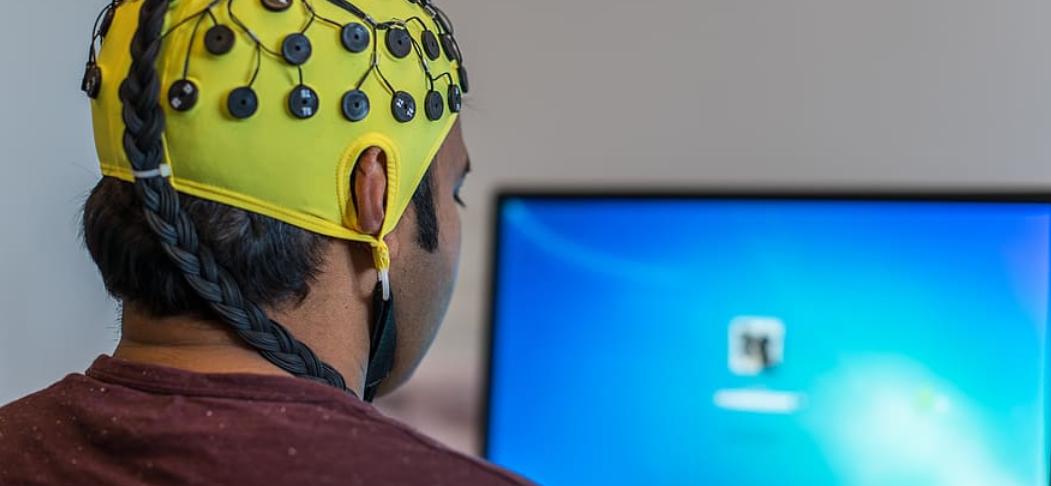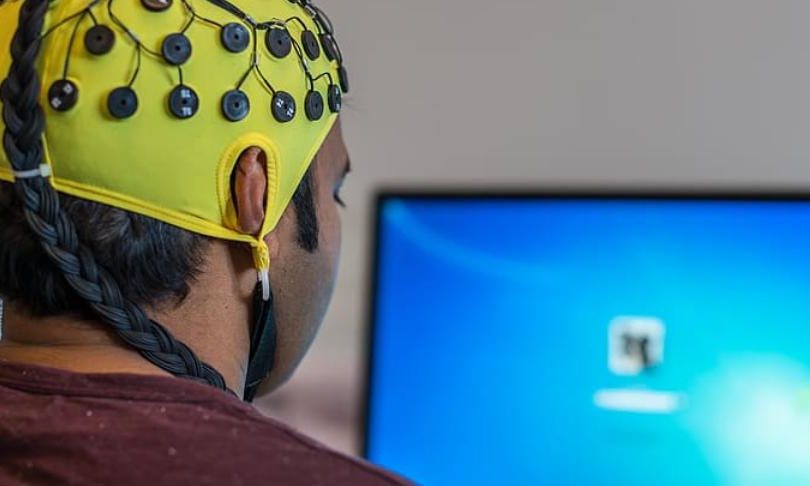
NLSIU Bangalore LLB, LLM and Masters of Public Policy (MPP) students will be sitting their end-of-semester exams entirely online, with the undergraduate lawyers having started from today, 5 June, to 13 June.
The move to hold the exams entirely online has not been easy and has required a fair amount of planning.
In a session hosted last month by JGLS Sonepat, vice chancellor (VC) Prof Sudhir Krishnaswamy had claimed: “Luckily for us, we’ve delivered the entire programme and timetable to the dot [online] so we have no disruptions [due to Covid-19], barring four working days.”
We have checked with several students who said this sounds about right and have reached out to Krishnaswamy for further comment.
Due to the breakneck online learning conversion, the exams are starting bang-on schedule, originally having been slated to be held from 5 to 9 June, over four working days.
For online this has now been extended by four additional days for online exams to ensure that most students don’t have any exams on consecutive days. The reason? Exams are now six to eight hours long, rather than three hours for the standard offline exams at NLS.
Several steps have been taken to accommodate students with slow internet connections, most notably that on the day of the exam, from 8:50am, the students can download a PDF file with the question paper.
Students are then expected to write their answers in a new word document – with an aggregate word-count cap of 3,000 words.
It is a fully ‘open-book exam’, and candidates are allowed to consult all and any materials available to them (though they are not expected to consult sources beyond their class notes and course readings, nor are they allowed to ask any other person for help).
The idea is, according to an internal document circulated to students, that the exams will test:
- their knowledge and understanding of the course materials;
- the ability to apply these materials to the problems at hand; and
- the ability to express a distinctive point of view
Once done, after a long six to eight hour day, the students will have to upload their answer sheet document and tick a couple of boxes to confirm that they have neither “used the services of any agency or person(s) in the preparation of this paper” nor “given assistance to any other candidates writing exams at the University”
Cheating?
The idea of online exams (especially non-proctored exams, in contrast to what LSAT-India is proposing), will of course make some suspect that cheating will be rife.
Several measures, other than honour, aim to prevent this happening at NLSIU.
First, all papers will be scanned by anti-plagiarism software.
Then, in case there is any doubt that the exam was not the student’s own, faculty will have the option of grilling students in a viva to explain their essays, answers and more.
